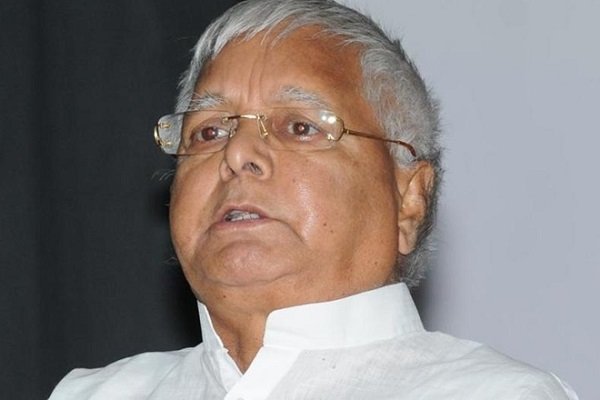Lalu Prasad Yadav is a prominent Indian politician known for his charisma, political acumen, and controversial yet impactful tenure in Bihar politics. Born on June 11, 1948, in Phulwaria, Bihar, Lalu emerged as a champion of social justice and empowerment, particularly for the marginalized sections of society. His political journey, spanning several decades, has been marked by highs and lows, successes and controversies, making him a polarizing figure in Indian politics.
Lalu Prasad Yadav’s rise to prominence began in the 1970s when he actively participated in student politics at Patna University. His early involvement in socialist movements and his fervent advocacy for the rights of farmers and the downtrodden earned him a grassroots following. Yadav’s ability to connect with the masses through his rustic charm and folksy demeanour soon catapulted him into mainstream politics.
In 1977, Lalu Prasad Yadav contested his first assembly election from the constituency of Chhapra in Bihar and won, marking the beginning of his illustrious political career. Over the years, he aligned himself with various socialist and secular parties, playing a crucial role in coalition politics at both the state and national levels.
Yadav’s most significant political association was with the Rashtriya Janata Dal (RJD), a party he founded in 1997 following a split from the Janata Dal. Under his leadership, the RJD emerged as a formidable force in Bihar, championing the cause of social justice and advocating for the empowerment of marginalized communities, particularly Yadavs and Muslims.
One of Lalu’s defining moments came in 1990 when he led the Janata Dal to victory in the Bihar assembly elections, becoming the youngest Chief Minister of the state at the age of 42. His tenure as Chief Minister was marked by a focus on social welfare schemes, rural development initiatives, and affirmative action for the backward classes. However, it was also marred by allegations of corruption and nepotism.
Lalu Prasad Yadav’s tenure as Chief Minister of Bihar was characterized by his unique style of governance, often described as ‘jungle raj’ by his critics. While his supporters lauded him for empowering the marginalized and giving them a voice in the corridors of power, his detractors accused him of fostering lawlessness and patronizing criminal elements for political gains.
The RJD’s electoral fortunes reached their zenith in the early 2000s when it emerged as the single largest party in the Bihar assembly elections, forming the government in alliance with the Indian National Congress. Lalu’s influence extended beyond Bihar, with the RJD becoming a key player in national politics, especially during the United Progressive Alliance (UPA) regime led by the Congress party.
However, Lalu Prasad Yadav’s political career took a downturn in 2005 when he was embroiled in the infamous fodder scam, one of the largest corruption scandals in India’s history. He was convicted on multiple counts of embezzlement and sentenced to imprisonment, leading to his disqualification from contesting elections and his subsequent ouster from power.
Despite his incarceration, Lalu remained a potent force in Bihar politics, pulling the strings of the RJD from behind bars. His wife, Rabri Devi, and later his sons, Tejashwi Yadav and Tej Pratap Yadav, assumed leadership roles within the party, ensuring its relevance in the state’s political landscape.
In 2017, Lalu Prasad Yadav’s fortunes seemed to be on the upswing when the RJD emerged as the single largest party in the Bihar assembly elections, albeit in alliance with the Janata Dal (United) and the Indian National Congress. However, his joy was short-lived as he was once again convicted in a fodder scam case and sentenced to rigorous imprisonment.
The years that followed saw Lalu’s health deteriorate, with frequent hospitalizations raising concerns about his well-being. Despite his physical ailments and legal battles, he remained a symbol of resilience and defiance, continuing to wield influence over Bihar’s political affairs from his hospital bed.
As of my last update in January 2022, Lalu Prasad Yadav’s political future remains uncertain, with his ability to make a comeback hinging on various factors, including legal proceedings, health concerns, and the evolving dynamics of Bihar’s political landscape. However, his legacy as a champion of social justice and a symbol of resistance against oppression continues to endure, shaping the contours of Indian politics for generations to come.
